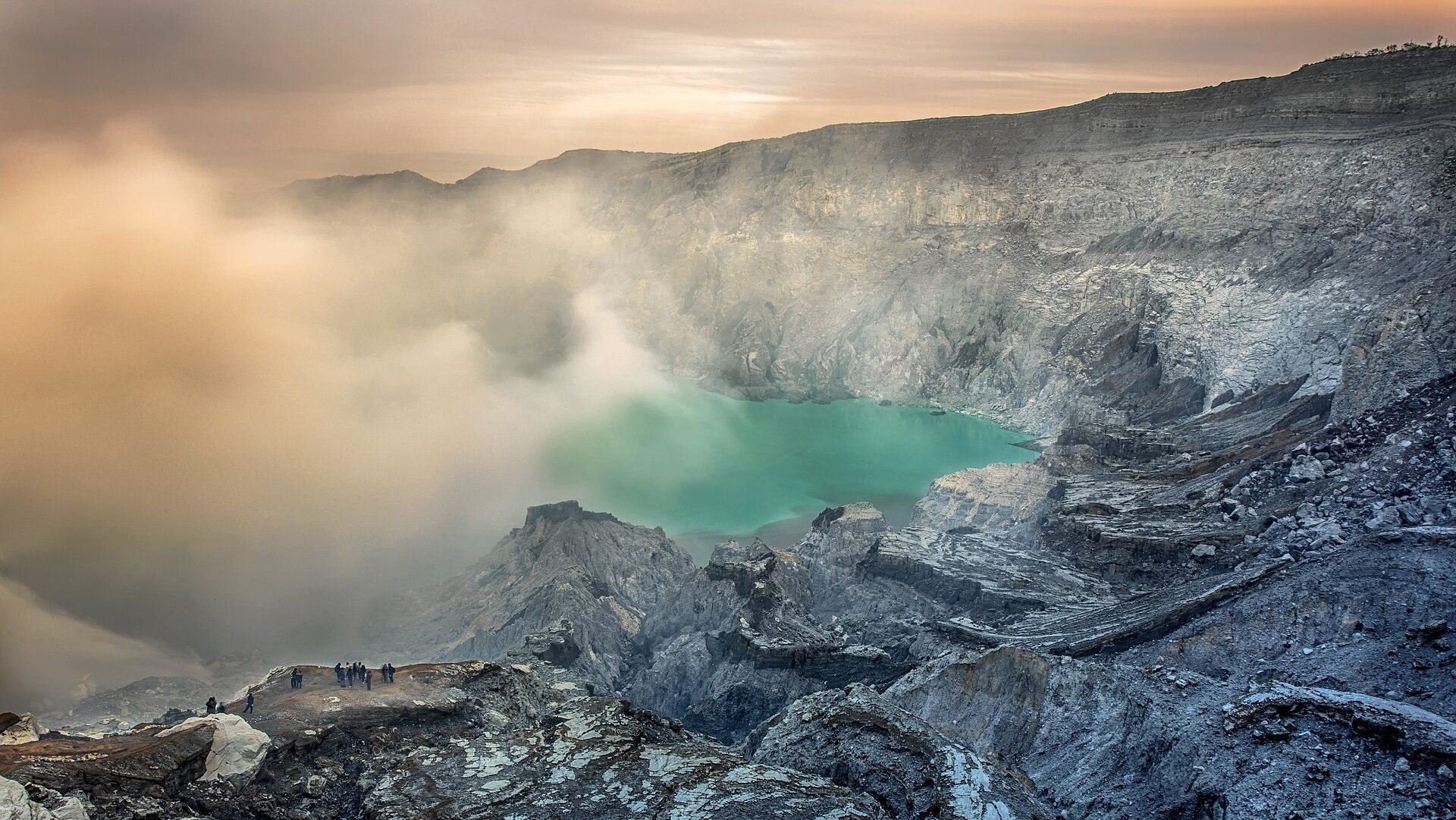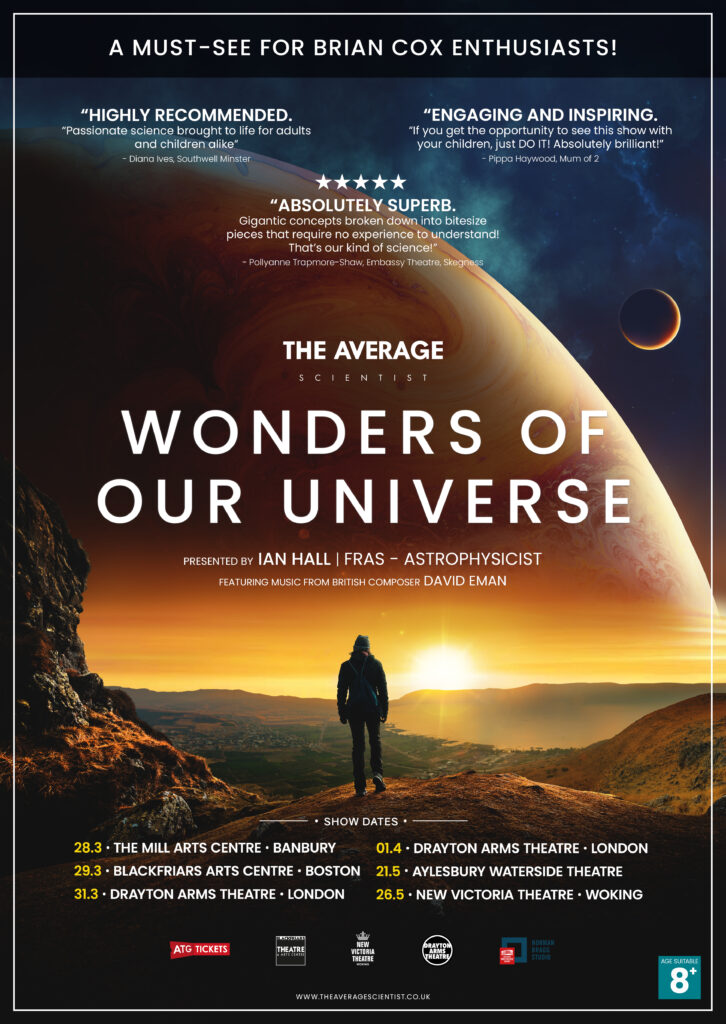Reading Time – 5 Minutes, Difficulty Level 1/5
The quest for space exploration has captivated human imagination for decades, driven by the dual objectives of survival and scientific advancement. As we venture beyond our planet, we may start questioning the role of culture in space missions. While space exploration primarily prioritizes survival and technical objectives, it is important to examine whether culture is a luxury or a necessity in the challenging environment of space.
The Primal Drive for Survival in Space
At the core of any space mission lies the unyielding commitment to ensure astronaut safety and well-being. Survival essentials, such as life support systems, food, and water, take precedence in mission planning. For instance, advanced life support systems like the International Space Station (ISS) maintain a habitable environment, providing oxygen and water filtration to sustain astronauts during their missions. Technical and scientific priorities demand meticulous focus on research objectives, data collection, and problem-solving to overcome the challenges of space travel. For example, the Mars rovers, like Perseverance, are designed to collect data and perform experiments to prepare for potential human missions to the Red Planet.
Cultural Elements and Psychological Well-Being in Space
However, one has to recognize the profound impact of cultural familiarity on astronauts’ mental health and well-being. The psychological benefits of cultural elements should not be overlooked. In the confined and isolated space environment, providing astronauts with familiar cultural symbols, religious materials, and practices can offer emotional support and resilience. For example, during the month of Ramadan, Muslim astronauts aboard the ISS are provided with specialized meal plans to accommodate their religious practices of fasting and breaking their fast. Similarly, astronauts may be allowed to carry personal items of cultural significance to provide comfort and a sense of home during their mission.
Efficiency and Practicality in Space Missions
Yet, the reality of space exploration presents challenges in integrating diverse cultural preferences. Decision-making often involves analyzing trade-offs between cultural accommodations and mission objectives. Allocating limited resources for cultural events or prioritizing critical scientific experiments raises complex questions. Striking a balance between cultural elements and mission efficiency is crucial to optimize space missions. But only after critical elements of life support is ensured and it does not interfere with critical scientific experiments, should any thought be placed into executing a cultural observance. Optimizing space missions with the use of cultural symbols and time observed, is also critical for the well-being of individual astronauts and in turn, they are more refreshed and recharged and feel community to continue moving forward with a difficult mission away from home.
Balancing Tradition with Progress
Preserving cultural identity amidst the demands of space exploration requires thoughtful consideration. Embracing cultural practices while upholding the rigor of space missions is a delicate balancing act. Cultivating a sense of community and camaraderie among astronauts is vital for successful space missions. Cultural adaptations play a key role in promoting teamwork and collaboration among diverse astronaut crews. Organizing multicultural events or celebrations fosters bonding and strengthens the crew’s ability to work cohesively, despite cultural differences. For example, astronauts may come together to celebrate diverse cultural festivals, such as Diwali, Christmas, or Hanukkah, acknowledging the crew’s cultural diversity and shared experiences during their mission.
Ethical Considerations and Survival Priorities
Ethical considerations must be at the forefront of decision-making when considering the role of culture in space missions. Striving to respect astronauts’ cultural rights and dignities while prioritizing mission success requires collaborative efforts. For instance, involving astronauts in the mission planning process to consider religious practices and wellness needs while formulating schedules and work assignments demonstrates a commitment to their well-being and personal beliefs.
One concrete example of the importance of cultural considerations in space missions can be seen in the scheduling of religious practices and promoting wellness among astronauts. Imagine a diverse crew of astronauts with varying religious and cultural backgrounds, some of whom may not be religious. During a long-duration mission, it’s essential to accommodate their religious and personal wellness needs within the constraints of the spacecraft.
To support religious practices, space agencies can provide astronauts with resources to engage in their individual religious observances, such as carrying small religious texts or symbols that hold personal significance. Additionally, astronauts can be allowed private time for personal reflection and meditation, enabling them to practice their religious beliefs in a way that brings them comfort and a sense of connection.
Promoting wellness in the confined space of a spacecraft is also crucial for astronauts’ mental and emotional well-being. Incorporating brief mindfulness exercises, guided meditation, or other wellness-promoting activities into their daily routines can help reduce stress and improve their overall psychological resilience during the mission.
Furthermore, astronauts can be encouraged to share and engage in activities that promote well-being and cultural exchange, such as discussing traditional healing practices or participating in creative endeavors like music, art, or storytelling.
By thoughtfully considering and accommodating both religious practices and wellness activities during the mission planning process, space agencies demonstrate their commitment to astronauts’ well-being and create an inclusive environment where individuals from diverse backgrounds feel supported and respected.
As we navigate the complex interplay between culture and survival in space exploration, the question remains: Is culture a luxury or a necessity? While survival and technical priorities are paramount, fostering culture can contribute to astronauts’ well-being, teamwork, and adaptability during space missions, and gives them a sense of purpose and connection and the will to carry on. The delicate balance between cultural preservation and mission efficiency is a question worth exploring further as we embark on humanity’s cosmic journey.

Although not a typical scientist, I adore languages, technology, space, literature, and history. BA Honors Degree in Anthropology and English. Daughter of a physicist/engineer and descendant of an esteemed astronomer ancestor (heliocentric model of the solar system, anyone?). I aim to make my own mark by promoting lifelong learning in all fields. A total dork for Star Trek, Star Wars, Indiana Jones, Outlander, Quantum Leap and anything Futuristic/Sci-Fi or Dystopian.








